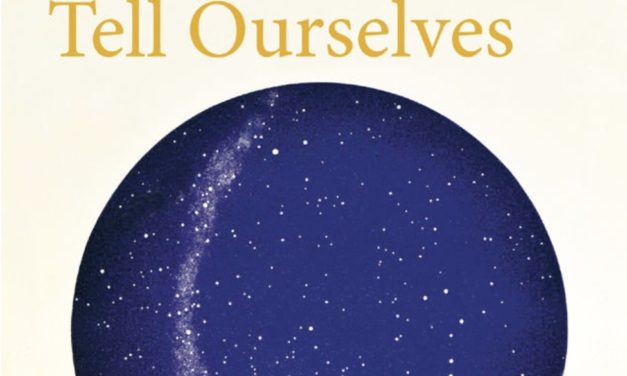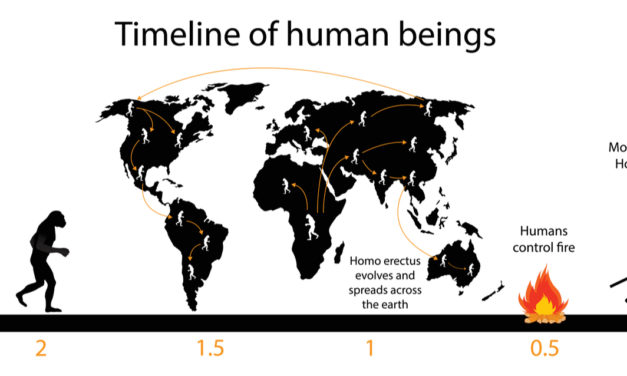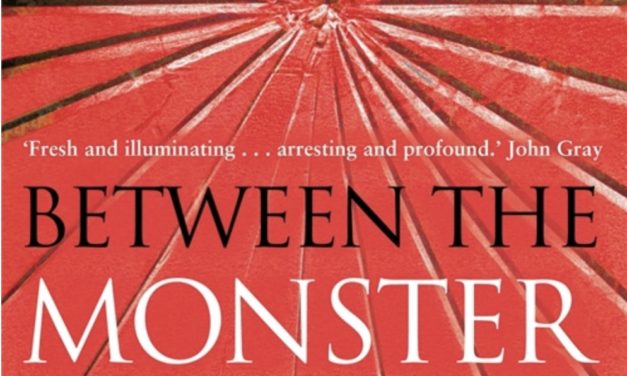Stories We Tell Ourselves: Making Meaning in a Meaningless Universe
Throughout history we have told ourselves stories to try and make sense of what it all means: our place in a small corner of one of billions of galaxies, at the end of billions of years of existence. In this new book Richard Holloway takes us on a personal, scientific and philosophical journey to explore what he believes the answers to the biggest of questions are. He examines what we know about the universe into which – without any choice in the matter – we are propelled at birth and from which we are expelled at death, the stories we have told about where we come from, and the stories we tell to get through this muddling experience of life.
Read More





